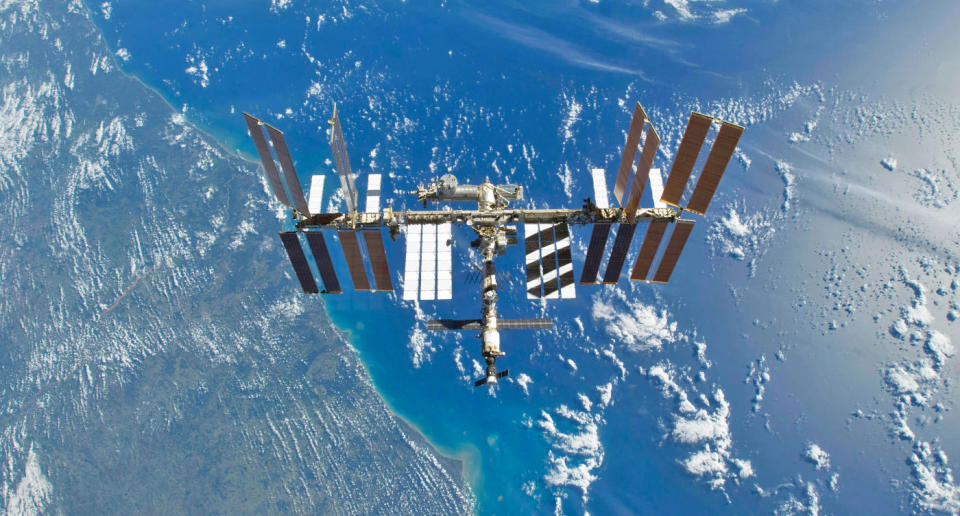NASA will attempt to develop drugs in space
This experiment will benefit future deep space missions.

A team of researchers from the University of Southern California and NASA's Jet Propulsion Laboratory are sending fungi aboard a SpaceX flight to the ISS on April 8th. Not to expose them to Mars-like conditions like an earlier experiment did, but to see if they can be used to develop medicine in space. See, fungi produce molecules called secondary metabolites that can be used to develop medicine. One good and familiar example is penicillin. However, scientists (including USC professor Clay Wang who's leading this project) found that in many cases, fungi can only generate secondary metabolites when they're put in stressful conditions. And space can provide an environment harsh enough to activate the production of those molecules.
The researchers believe that the species they're sending out, Aspergillus nidulans, could produce up to 40 different types of drugs in microgravity. It's the perfect organism for the experiment, because it's been used widely in pharmaceutical research and is already known to produce metabolites that can be used for osteoporosis drugs. Seeing as astronauts lose bone mass when they spend long stretches of time outside our planet, A. nidulans could be a valuable cargo for deep space missions. The team also believes the the organism can be used for cancer, anti-fungal and Alzheimer's disease studies.
The fungi will be kept at 39.2 degrees Fahrenheit during the trip to the space station, where they'll be thawed and stored at the ideal growth temperature of 98.6 degrees Fahrenheit for up to seven days. Wang's team will get the specimens back for testing in May, hopefully after having produced the molecules that can be used for drug development. If the experiment works, then that means the researchers successfully found a way to make medicine in space. And as Professor Wang said:
"Drugs have an expiration date. NASA's human mission to Mars is expected to last anywhere from one to three years. Not all drugs are going to be stable in that time period, so the ability to make drugs in space will enable us to go further away from Earth and will also benefit future space explorations."
